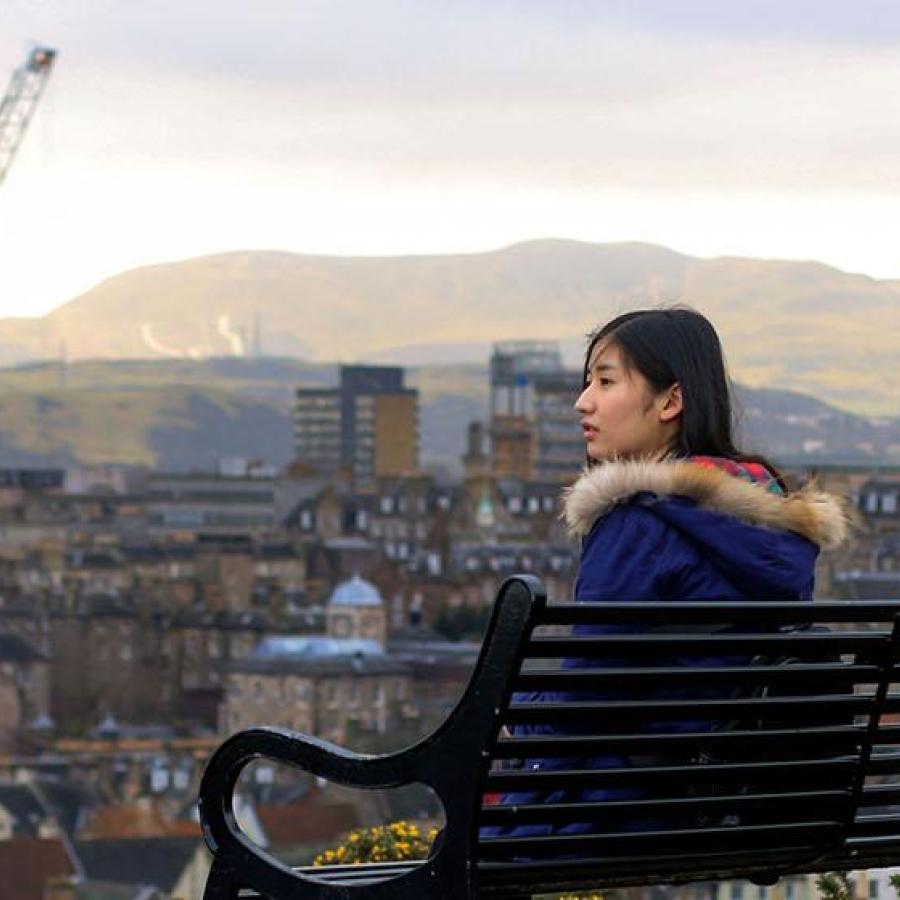After decades of internal conflict, Colombia is experiencing a period of rapid economic growth and urbanisation, yet remains one of the most socially unequal countries in Latin America.
Medellín Urban Innovation (MUI) is exploring to what extent urban innovation has helped increase social equity and wellbeing in the country’s second-largest city.
Funded by a Newton Institutional Links Grant from the British Council, the two-year project is being led by Dr Soledad Garcia Ferrari of Edinburgh College of Art (ECA) and Dr Harry Smith of Heriot-Watt University (HWU).
Colombian partners include the Universidad Nacional de Colombia Sede en Medellín, the Universidad Pontificia Bolivariana, the Universidad Santo Tomas and the multidisciplinary studio, Grupo UR.
Why Medellín?
Medellín has been pioneering innovative forms of city planning, linking poorer districts to the city centre through transport links, and creating a publically-owned utilities company.
It seems to be a city transforming for the better, and in April 2014 hosted the World Urban Forum, the 7th United Nations conference on sustainable urban development and cities.
Together with the Universidad Pontificia Bolivariana and HWU, we ran a networking event at the Forum, which looked at the role of participatory planning in the generation of ‘Cities for Life’.
We found that, while the city’s urbanisation has had its successes, its new, low-income developments are replicating high-rise models which failed worldwide, and there is limited intervention in the existing informal areas, many being in locations highly vulnerable to the effects of climate change.






